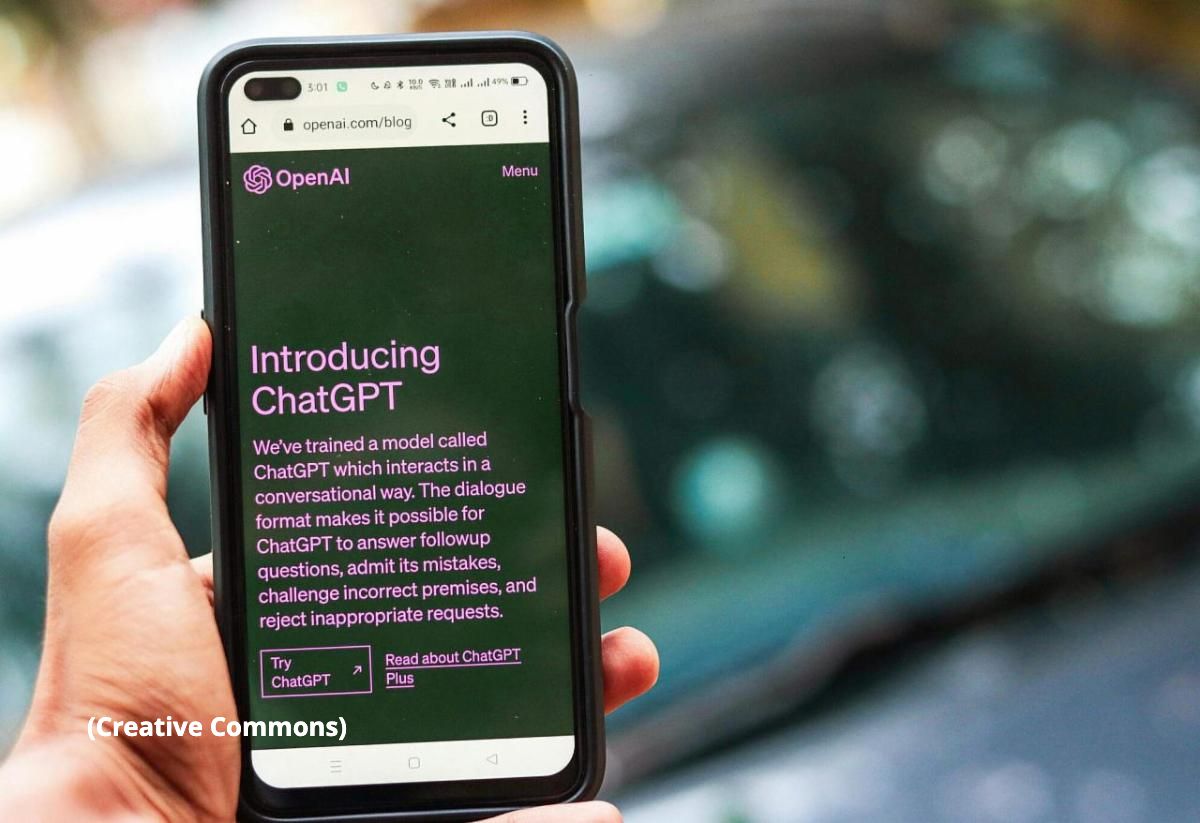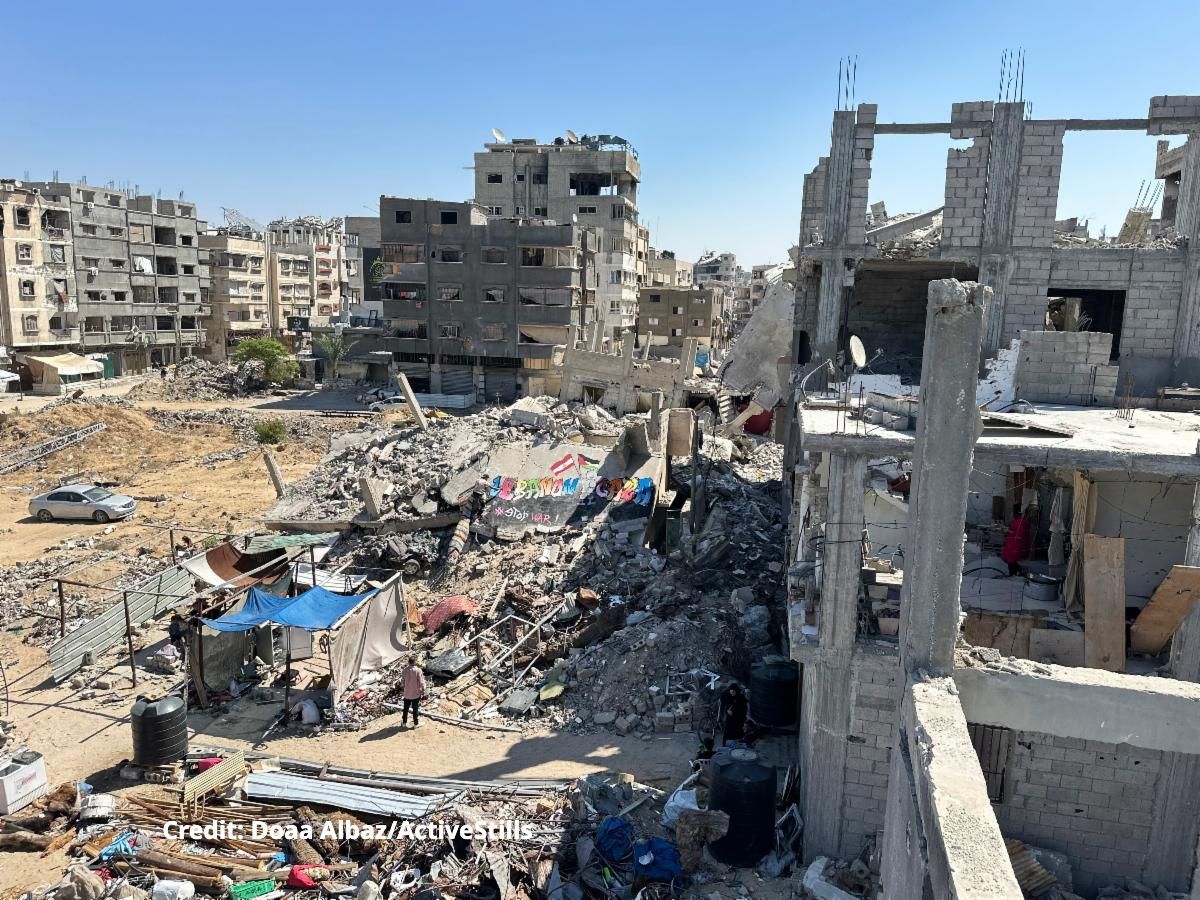Dear Khani,
We’re reporting daily on the tenuous ceasefire in Gaza and its reverberations throughout Israel-Palestine, from the fragile hope of Palestinians as they await reunions with family members to the widening cracks in Israel’s war machine. We’re also ensuring that accountability for war crimes committed over the past 16 months stays front and center, with critical investigations like those implicating Big Tech in Israel’s military actions in Gaza. Here’s what we’re paying attention to in Israel-Palestine.
Testimonials and interviews with Palestinians in Gaza reveal that their hope for the future relies not just on an end to the 18-year siege of Gaza and a long-term close to the recent war, but also on Palestinian political unification and a full reckoning for war crimes committed by Israeli forces. In the immediate, hundreds of thousands of Palestinians traveled north in Gaza hoping to find their homes still standing. Many found the devastation beyond comprehension. So, too, is the scale of destruction of Gaza’s health system, which has threatened the very possibility of sustaining life there, even after a ceasefire. Just prior to the ceasefire deal, the Israeli army had stormed northern Gaza’s last hospital in what the hospital’s director called a “systematic attempt to destroy our capacity to save lives.” The raid resulted in the detention of the hospital director, who had become an icon of Palestinian resilience for consistently calling on the international community to intervene over the Israeli army’s targeting of Gaza’s hospitals.
In the West Bank, Palestinian prisoners released in the ceasefire deal – many who had been held in brutal conditions for months without charge – were welcomed home by their families. In an attempt to unsuccessfully quell public celebrations, the Israeli army closed major checkpoints and allowed settlers to block roads and rampage through nearby villages, preventing many freed prisoners from returning home that night. Meanwhile, the Israeli army has used the cover of a ceasefire to ramp up a months-long military offensive throughout the West Bank, killing civilians and enforcing closures, including what witnesses have described as a “state of terror” in the Jenin refugee camp.
Inside Israel, families of hostages still in Gaza are intensifying their efforts to pressure the Israeli government out of fear that Prime Minister Benjamin Netanyahu will sabotage the ceasefire deal to serve his own political interests. Meanwhile, Local Call’s Meron Rapoport argues that a ceasefire deal was finally reached not because of arm-twisting by President-elect Trump, but as a result of shifting perceptions of the war inside Israel. And Orly Noy argues that while most Israelis currently support a ceasefire, the country must recognize that any deal that fails to address the ongoing oppression of Palestinians will inevitably produce more resistance.
We'll continue to report on these stories and more. If you’d like to dive deeper into the challenges of reporting on Israel-Palestine, we hope you’ll join us for a virtual discussion with the National Writers Union on February 6th about the challenges media workers face when reporting on Palestine, featuring Just Vision’s Outreach Associate, Fadi Abu Shammalah and moderated by our Executive Director, Suhad Babaa. And if you’re in the Washington, D.C. area on February 11th, stop by Georgetown University for a conversation on culture and journalism with Just Vision’s Outreach Associates, Jen Marlowe and Fadi Abu Shammalah.
You can follow Just Vision on Facebook, Instagram and X and follow Local Call – our Hebrew-language news site run in partnership with 972 Advancement of Citizen Journalism – by signing up for the Local Call newsletter (in Hebrew). You can also find a selection of our articles cross-published by our partners in English on +972 Magazine.
|













